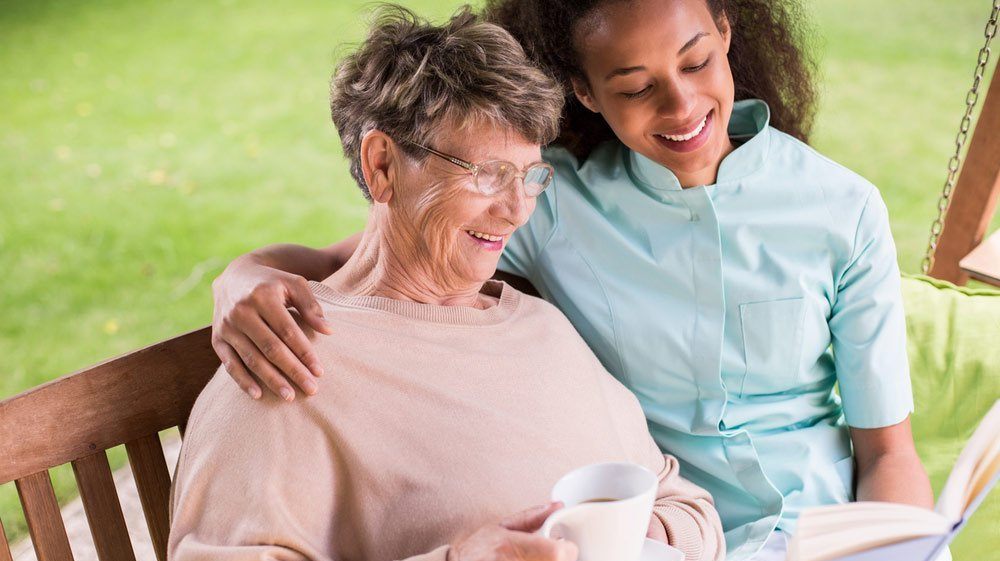What Else to Expect With Alzheimer's Besides Memory Loss
Symptoms of Alzheimer's Besides Memory Loss

Most people associate Alzheimer's disease with the devastating effects of memory loss. While it's certainly true that both long-term and short-term memory loss is a major struggle for those with Alzheimer's, it's not the only symptom Alzheimer patients will experience. There are other symptoms associated with Alzheimer's that greatly impact the life of patients. Be aware of what to expect from Alzheimer's in addition to memory loss.
One of the more difficult circumstances of Alzheimer's is its impact on a patient's ability to communicate. A loss of communication skills, including the ability to speak and write clearly, is known as aphasia. This loss of communication will not happen immediately. It may be a more subtle or gradual struggle. You may notice your loved one struggling to remember a specific word or going into a long-winded description of something because they can't remember the specific name for that thing. An inability to effectively communicate something is a difficulty to expect with Alzheimer's. Aphasia will also impact a patient's ability to process and understand what they hear or read. You may notice your loved one struggling to comprehend what they just heard in a conversation. Maybe you'll notice them taking longer to respond after someone else speaks in a conversation. This is a clear sign of aphasia. A weakened ability to communicate is a symptom to expect from Alzheimer's.
Alzheimer's not only affects your cognitive abilities, it also greatly impacts your coordination. Fine motor skills are often harmed as a result of Alzheimer's. This condition is known as apraxia - a loss of fine motor skills. Alzheimer's will greatly impact your brain's ability to function normally as it once did. The first symptom often to be shown is an inability to properly coordinate fine motor skills that used to be commonplace. You may first notice difficulty doing tasks with your hands, such as buttoning a shirt or twisting a doorknob. Eventually, your fine motor difficulties may develop into trouble walking or doing activities with your arms, such as throwing a ball or even feeding yourself. The effects of apraxia are something to expect to encounter when living with Alzheimer's.
Alzheimer's will greatly alter the brain's abilities. Daily functions that were once normal and an afterthought will suddenly be a struggle. In addition to issues with memory, communication, and fine motor skills, Alzheimer's will also make it harder for you to use your five senses. This condition is known as agnosia. What you can expect with agnosia is a decreased ability for the brain to recognize sight, sound, taste, touch, or smell. Agnosia will cause the brain to take longer to process what it is receiving from these senses. For example, a patient with agnosia may not realize that something is burning because the brain is not picking up and recognizing the burning smell. Similarly, it may take someone with Alzheimer's longer to realize that something is hurting them or making them uncomfortable. Safety considerations need to be made with Alzheimer's patients because of their decreased ability to sense that something could be causing problems for them.
Contact Our Alzheimer’s Care Team to Request Additional Information
There's more to consider with Alzheimer's than simply just the loss of memory. While this can be a scary and frustrating time, there's no reason why patients with Alzheimer's can't live happy, comfortable lives. Find compassionate care for Alzheimer's patients at Oak Creek Alzheimer's & Dementia Care Center facility with located in Castro Valley, CA. Our care community has been helping patients with Alzheimer's and dementia for more than 30 years. We provide a safe place for those living with Alzheimer's to have all their care needs met. Contact us today for more information about Alzheimer's care at Oak Creek.






